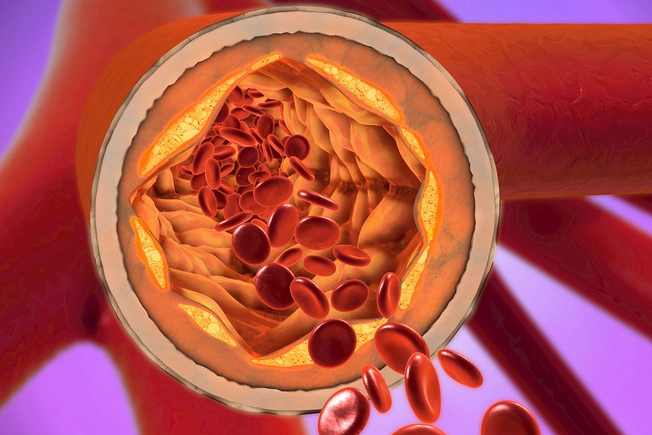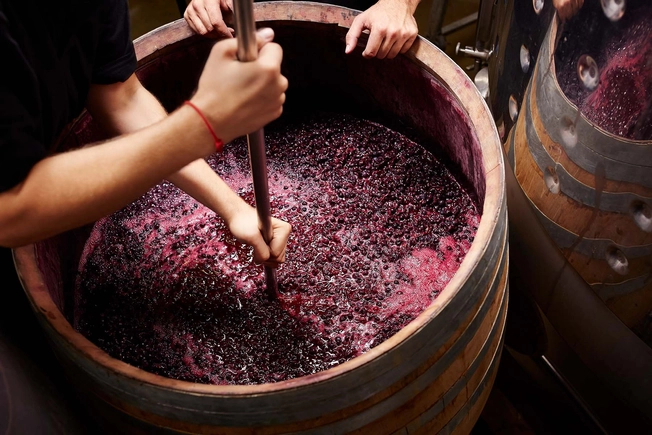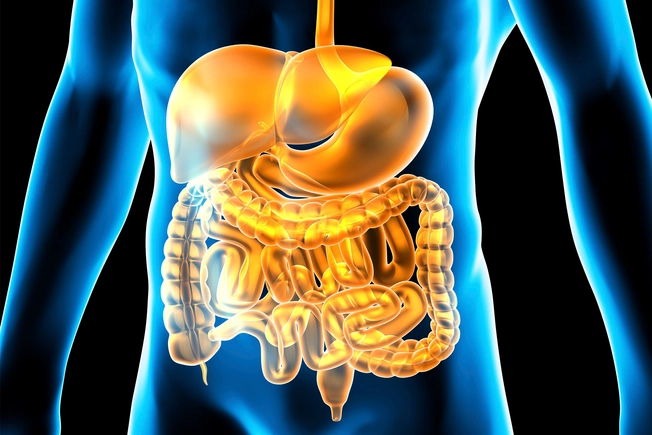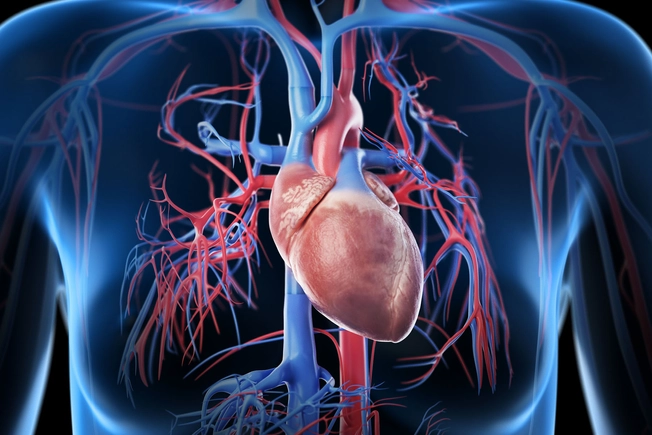Is Wine Really Good for You?


Alcohol: Risks vs. Benefits
The risks of drinking alcohol include impaired judgment; a higher chance of cancer, stroke, and liver disease; obesity; and more. But there are positives, too: In moderation, it can raise your HDL cholesterol (the "good" cholesterol), prevent blood clots and artery damage from LDL cholesterol, and help your blood vessels work their best.

Why Wine?
Alcohol (ethanol) alone brings benefits, but one specific perk of wine comes from antioxidants called polyphenols. They protect the lining of your blood vessels and prevent plaque buildup in your arteries.

Reach for Red
When wineries make white wine from grapes, they take off the skins before fermenting them. Red wine comes from grapes with skins still on, and that’s where most of the antioxidants live. But even though this gives red wine a slight leg up, there’s not yet enough scientific data to dub it “healthier” than white.

Wine’s Super Ingredient
One of the often-touted benefits of wine is a specific polyphenol antioxidant called resveratrol. Studies on this plant compound are ongoing, but some show it may lower blood pressure, control cholesterol levels, reduce inflammation, make you more sensitive to insulin (which helps you regulate blood sugar), and even boost your brain power.

Polyphenols Elsewhere
Although the polyphenols in wine are where a lot of its health benefits come from, downing a glass of cabernet isn’t the only way to get the goods. Tea, coffee, berries, onions, and apples all have even higher amounts than a drink with dinner.

Sulfite Side Effects
The yeast fermenting process of wine creates sulfites (sulfur dioxide); all wines have them. Many wineries add extra sulfites to increase shelf life. Sulfites can make asthma symptoms worse and, in some people, cause flushed skin, stomach pain, and diarrhea.

What About Tannins?
Tannins are another polyphenol you find in wine, but they have a slightly different effect than resveratrol. Some studies show they work as an antioxidant and anti-inflammatory, but they can mess with your digestion. And in high levels, they can make it hard for your body to absorb iron.

Germ-Fighting in Your Gut
When compared to other types of alcohol, red wine has more antibacterial activity against gut bacteria like H. pylori. Polyphenols called flavonoids are the reason – and they may lower your risk of stomach cancer.

Serving Size Matters
The American Heart Association says one to two drinks a day for men and up to one drink a day for women can lower risks to your heart and blood vessels. In the U.S., a drink usually means 12 ounces of beer, 5 ounces of wine, or 1½ ounces of hard liquor. More than that, and you’re entering the zone where the risks outweigh the benefits.

Takeaway
While some things about alcohol can help lower heart disease, doctors don’t recommend you start drinking if you don’t already. If you do drink, keep it in the moderate range so you reap the best of its health benefits.